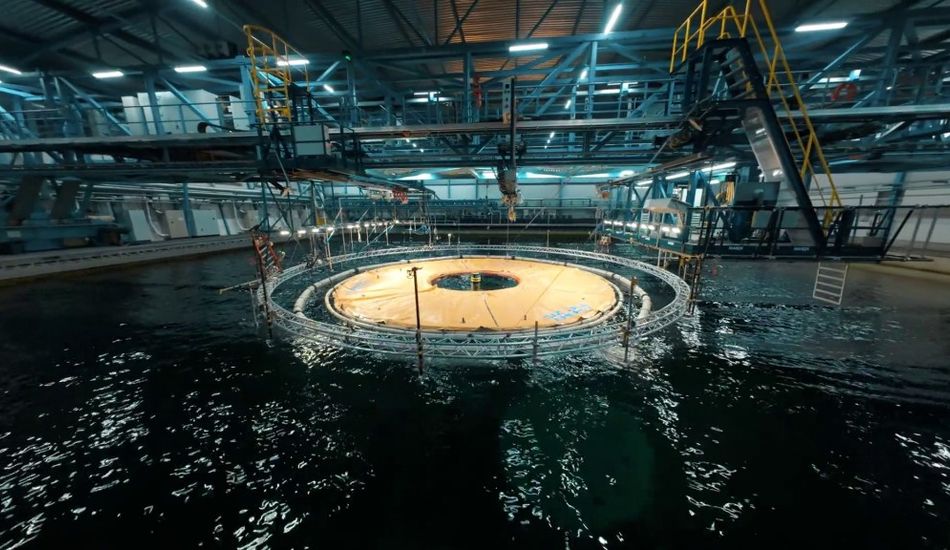
Sizable Energy: Storing Renewable Energy by leveraging deep-sea salinity for underwater energy storage
I've always been fascinated by innovative solutions to our energy challenges, and this one really caught my eye. Remember those pumped hydro plants, using reservoirs to store energy? Well, a startup called Sizable Energy is taking that concept to the ocean. It’s an interesting proposal, and I think it has real potential.
The basic idea is simple. Imagine two big, flexible bags: one floating on the surface, the other resting on the seabed. When energy is cheap (think sunny afternoons or windy nights), they pump super salty water from the bottom bag to the top. Then, when energy is needed, they let the salty water flow back down, spinning turbines to generate electricity. In effect, they are raising a block of salt.
What I find particularly cool is the potential for mass production. Land-based pumped hydro requires custom-built dams for each site. Since everything is identical, regardless of the final deployment site, it will be possible to streamline the production. They’ve already tested small models, and they’re planning a full demonstration plant by 2026. Each turbine generates around 6 to 7 megawatts of electricity, so this will be a big step for everyone.
Why the ocean?
Sizable is hoping to mass produce the technology by moving pumped hydro to the ocean, something that isn’t really possible on land. Every time you build pumped hydro on shore, you have to design a concrete dam for that specific site, and you have to adapt the technology there. Building offshore allows them to streamline the production, and everything they do is identical, regardless of the final deployment site.
Think about it: these underwater reservoirs could be paired with offshore wind farms, sharing the same connection to shore and cutting costs. They believe that long duration energy storage is required not only for renewable integration, but also for just making the grid resilient. I agree. We need something new to keep up with traditional pumped hydro or batteries.
Of course, it's not without its challenges. Deploying and maintaining equipment at those depths will require significant engineering prowess, and the environmental impact needs careful consideration. However, the prospect of cost-effective, large-scale energy storage is too compelling to ignore.
This could really change the game if Sizable pulls it off, making renewable energy more reliable and accessible. If they are able to deliver energy storage for €20 per kilowatt-hour (about $23), about one-tenth what a grid-scale battery costs, this could be a game changer.
Source: TechCrunch